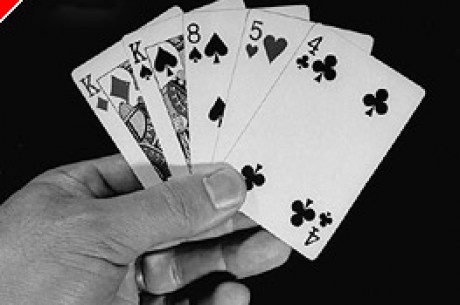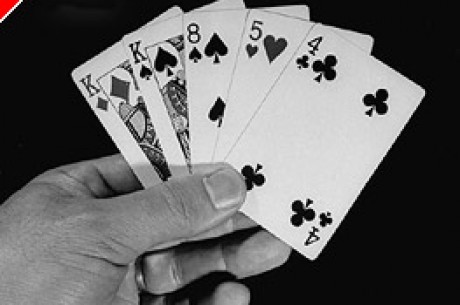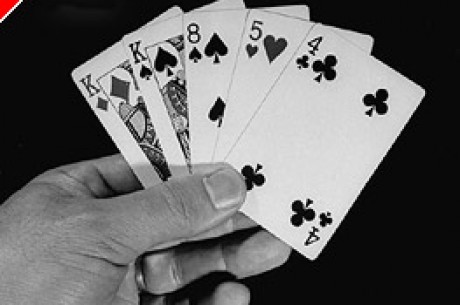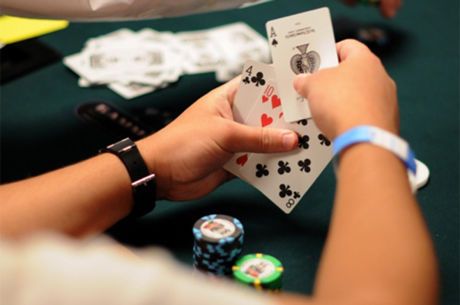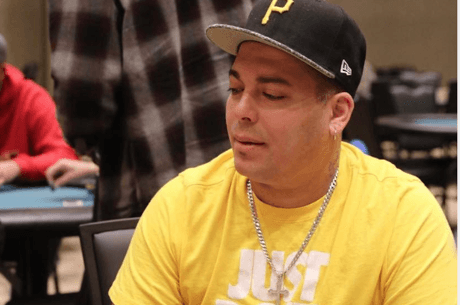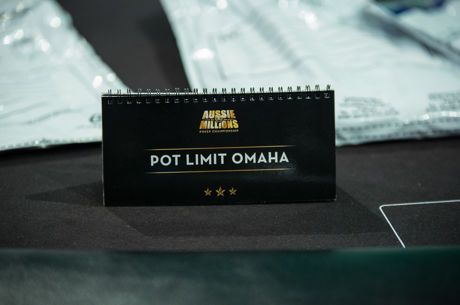Introduction to Omaha - The Great River of Omaha
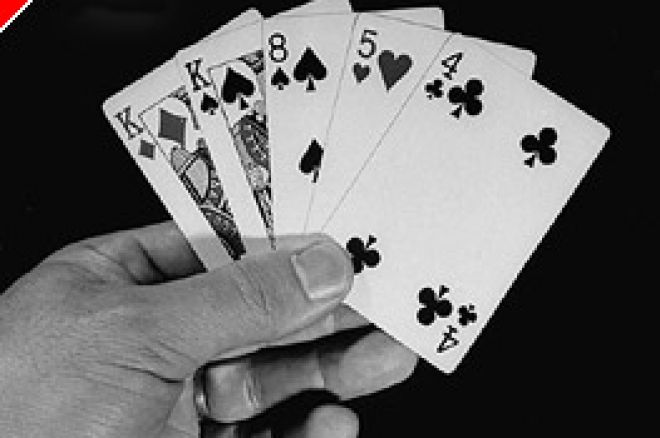
Tony is a regular on-line and card room player living in England. He mostly plays Texas Hold'em and Omaha (High and Split) at fixed, pot and no limit, at both cash and tournament tables.
Introduction
Omaha is a game of wide variations and it is this feature that attracts players to the game or repels them in equal measure. When I play on-line, the chat box sometimes overheats with players decrying each other for calling on the river and catching their cards or simply gnashing their teeth in frustration.
Is this simply an occupational hazard of playing Omaha?
The Highs and Lows of River Cards
I played a game of pot limit Omaha Hi/Lo recently and eventually the table reduced to just me and another. We were heads up and I got a hand that developed into a nut straight with a nut low. There were two hearts on board so I bet pot and was called. The turn didn't change much but my pot bet was re-raised. From what I could see, I would only fail to take ¾ of the pot if a heart came on the end and my opponent held two hearts. As he had effectively committed himself to the pot, I took his re-raise to mean he had the nut low and was trying to throw me off the hand.
I called and was dismayed to see a heart come down on the river. My opponent took the high hand and split the nut low with me. This is unfortunately a feature of Omaha. The possibilities are wide but, at pot limit stakes, players can sometimes bet without pot odds merely because of the sheer size of the pot. They refuse to give up the substantial sums already committed.
If you play Omaha, your bankroll should be big enough to bear the fluctuations and your skin thick enough to handle the emotions felt on this particular roller-coaster.
Omaha Hi/Lo is a game where the outcome is 100% the whole pot, 50% split pot or 0% missed the pot entirely. Because of the nature of the low ranking hands, this can become 75% or 25% quite regularly too. In the above example, I was firing out for 75% and ended with 25%. The chances of that happening after the turn card was 9/46 or a fraction below 20%. Thus, I had an 80% chance of taking down 75% of the pot, and a 20% chance of only taking 25% of the pot. That's a net 65% expectation which fully justified a maximum pot bet before the river. My opponent was playing a poor game but, as I said, pot size so often blinds the desperate player. 65% of the time I am in business and that is a decent edge.
In Omaha High games, it's 100% or 0%, except for exceptional circumstances where the key parts of the hand are shared on the community cards. So, a board of AAKK6 would pay a split pot to hands like KQT9 and KQ87 (the best hand being KKKAQ in both cases) so long as no-one holds a hand with an A in it.
At Omaha High, it is not unusual for more than one player to be betting after the flop with anything from 13 to 21 possible cards needed to make a straight or better. At pot limit, this makes for fireworks and calls for a cool head by a player who is not drawing to the nuts. Having a large number of drawing cards available after the flop suggests a better than even chance of making one of them on the last two cards. If two or more players push hard before the turn card, it is certain that one of the players will believe they have been "robbed" on the river.
If that player has called or re-raised a pot raise after the flop knowing that he only had a small or even no chance of drawing the nut hand, is the river to blame?
At Omaha, a "strong" hand is a relative term. Regular Texas Hold'em players regard a set as a strong hand and they are often seen pot-raising with a set of the lowest cards on the flop. That is a witches' brew at Omaha. Where are you sitting holding a low set at the flop? You are badly behind to a bigger set. You could be statistically behind a drawing hand where the drawing player has more than around 13 outs. You have 7 outs for a full house before the turn, 10 after it. Yet your full house will be useless against a bigger set which would of course also make a bigger full house when your card arrives on the turn or river.
There is no doubt that the biggest river culprit is the flush chaser. Every round at a full table will see players chasing the flush draw. Over time, they are easy pickings if you have a nut straight or top set on the boil, but at pot limit it still rankles to be outdrawn especially when they turn up a puny combination like Ts 9s x x. I appreciate it much more when they can show they had a nut flush draw!
Conclusion
The river in Omaha Hold'em is littered with bodies that died a wretched death at the hands of a desperate poker player. Unless you are prepared to handle such an environment, Omaha may not be the place for you to play a relaxing game of poker.
It is nonetheless great to draw out with a 20-outer on the river. It was a justified bet on the pot odds and you can sit behind your console and let the heat from the chat box wash over you. Stay cool and try not to retaliate with gloating messages!
TB
16-12-05
Ed Note: Great Omaha action always at Pacific Poker

